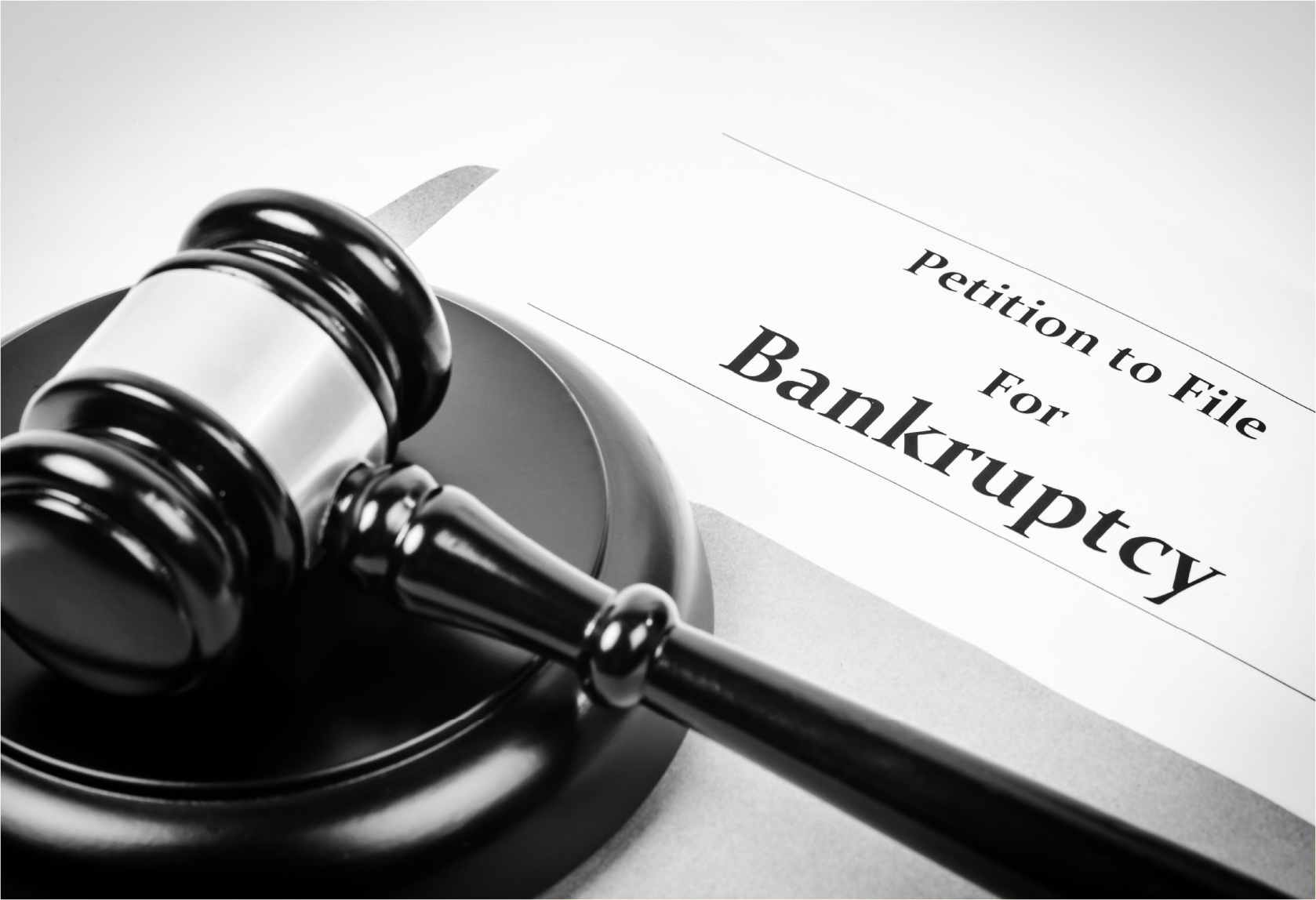1
Submit Your Enquiry
Provide as much detail as possible to help us determine how we can help. Outline what happened and what outcome you are seeking.
2
We will assess your Enquiry
We will review the information you have provided us to determine if and how we can help.
3
Speak with a Solicitor
If we can assist, we will take the time to understand your circumstances and arrange a consultation to give you guidance. During the consultation, we will speak with you about your matter, give you options, and most importantly, potential solutions.













